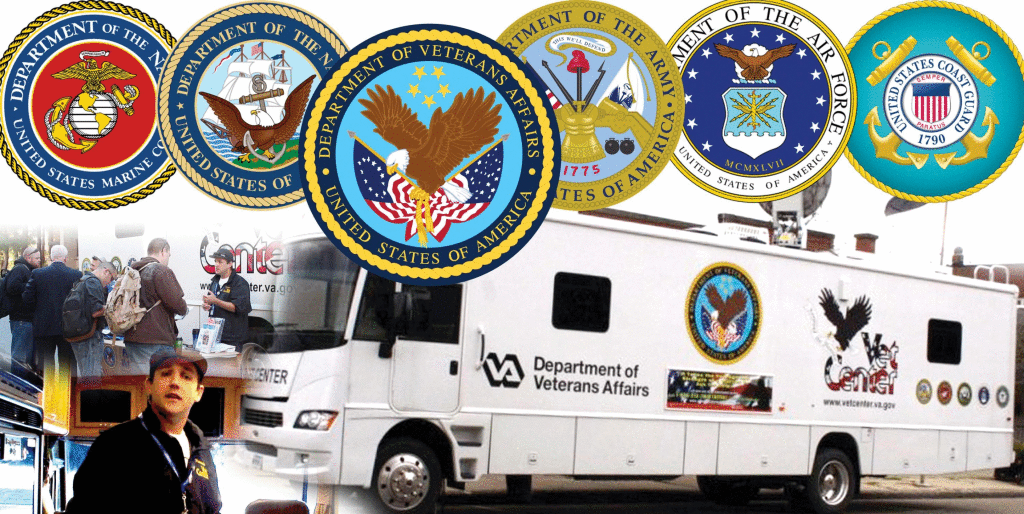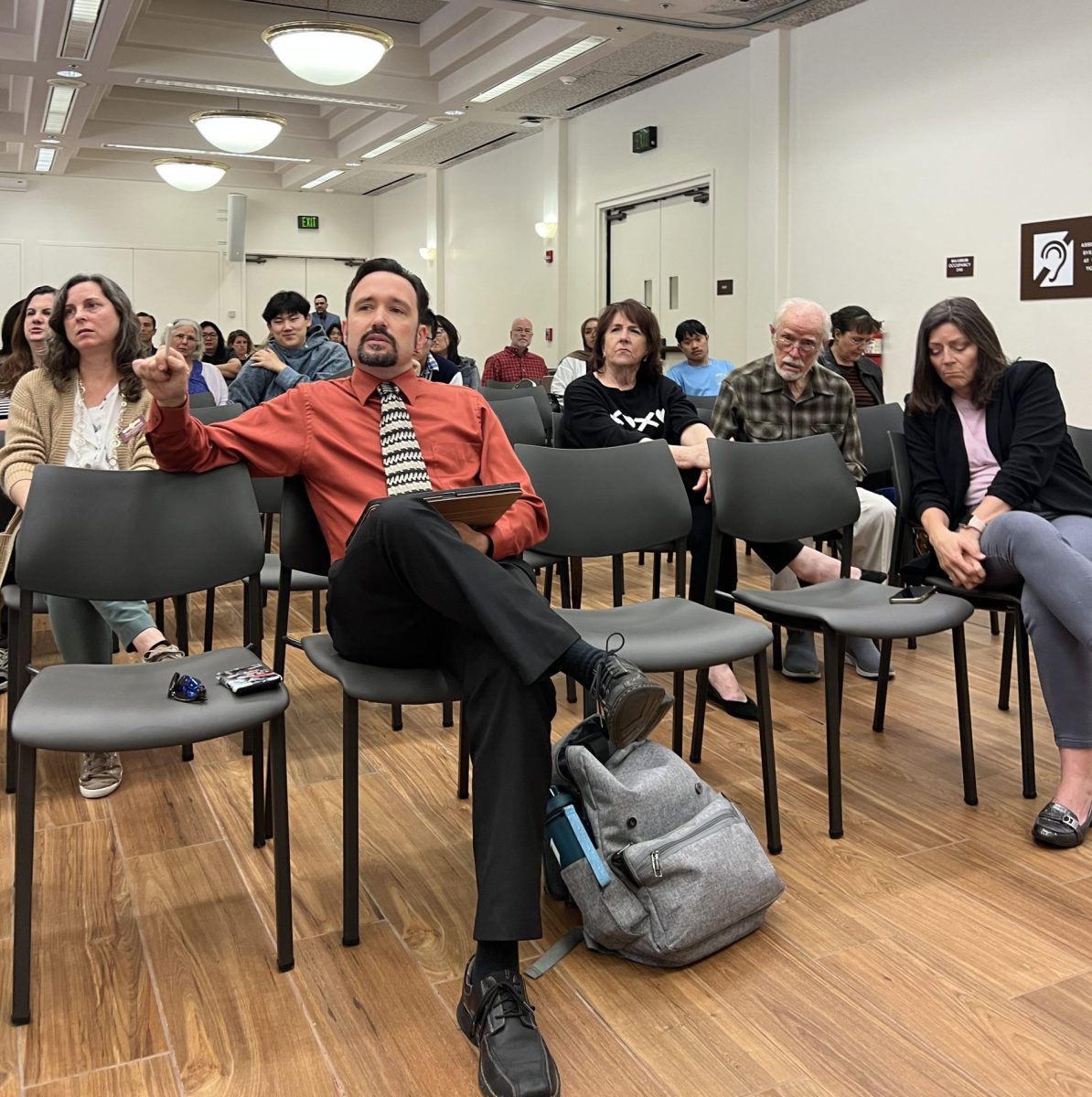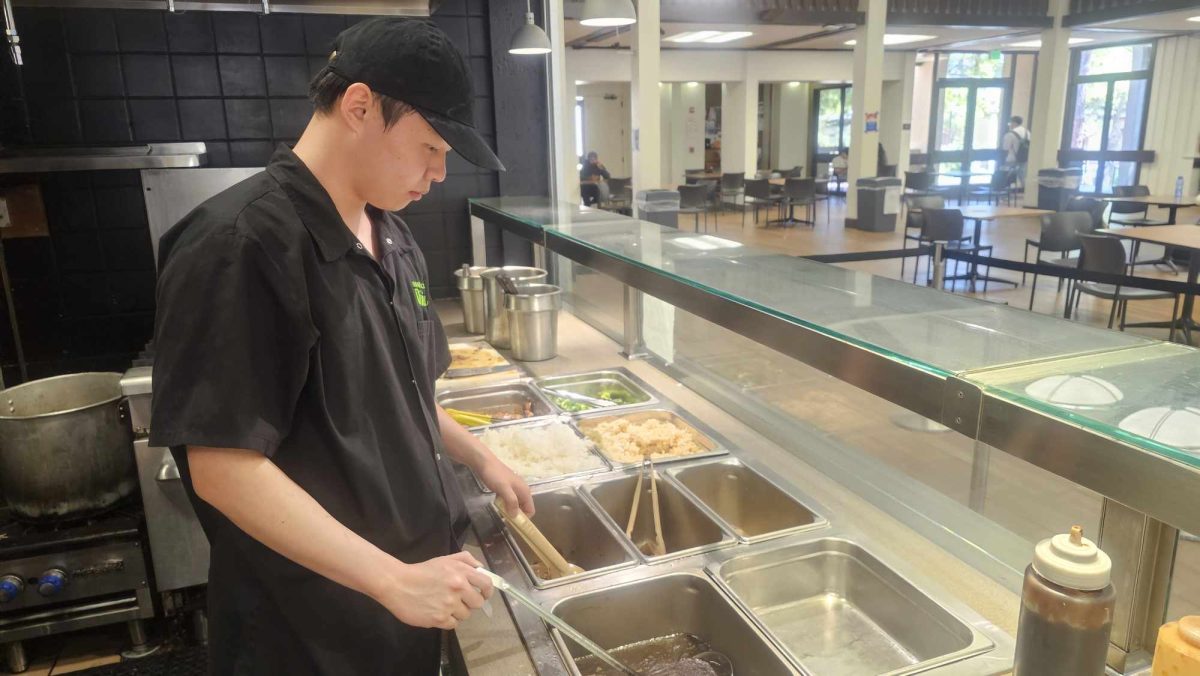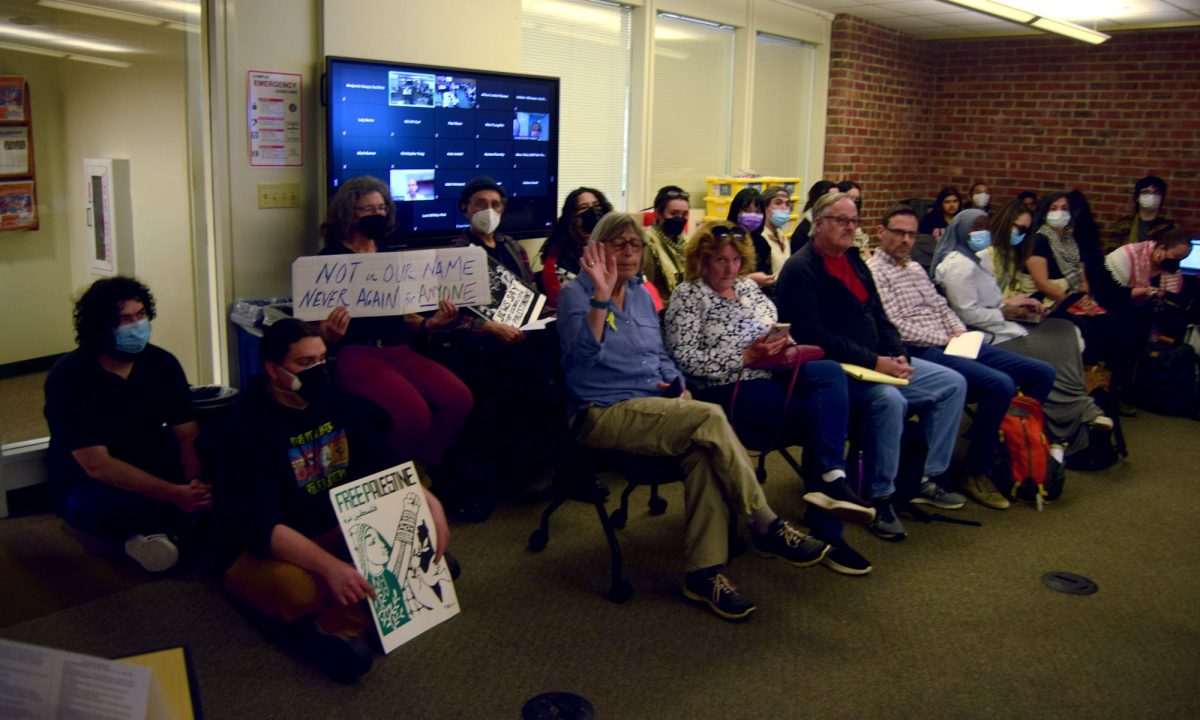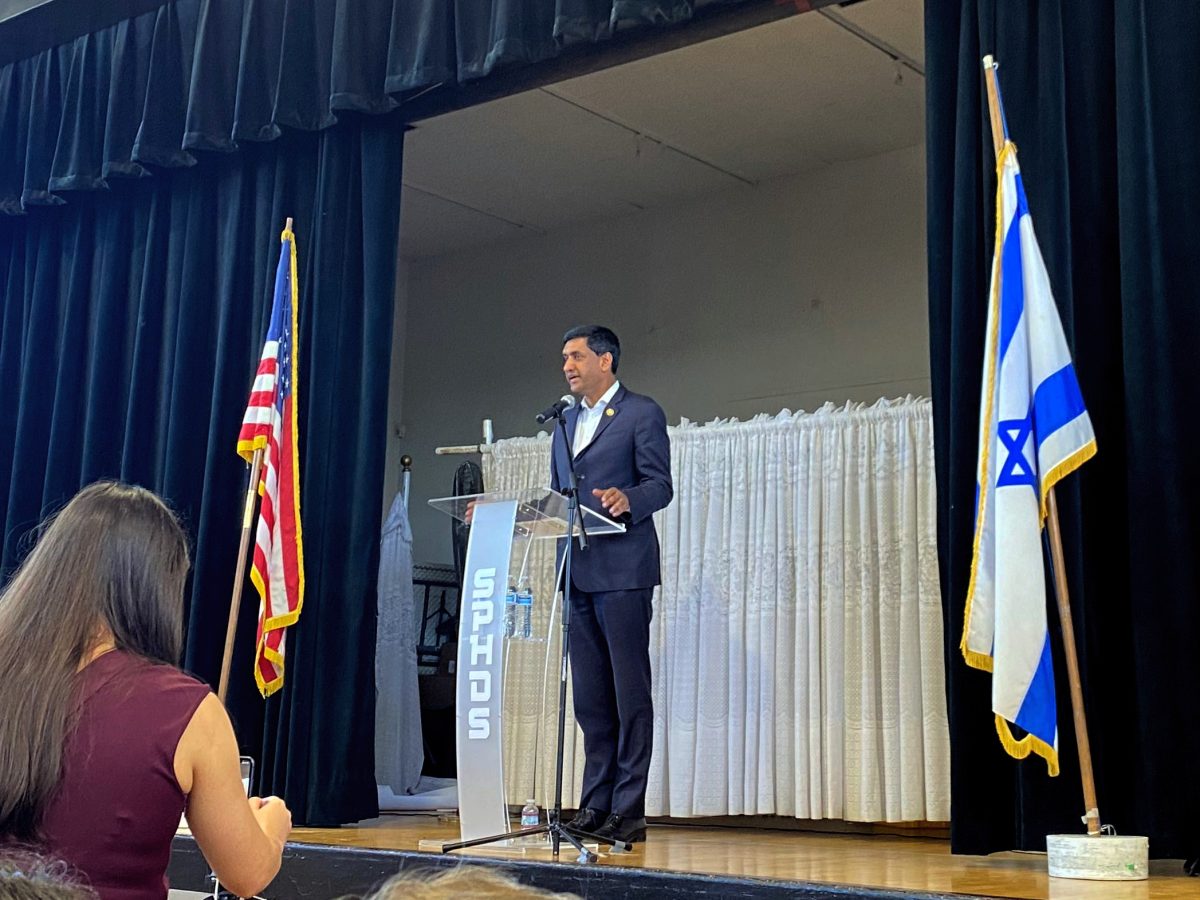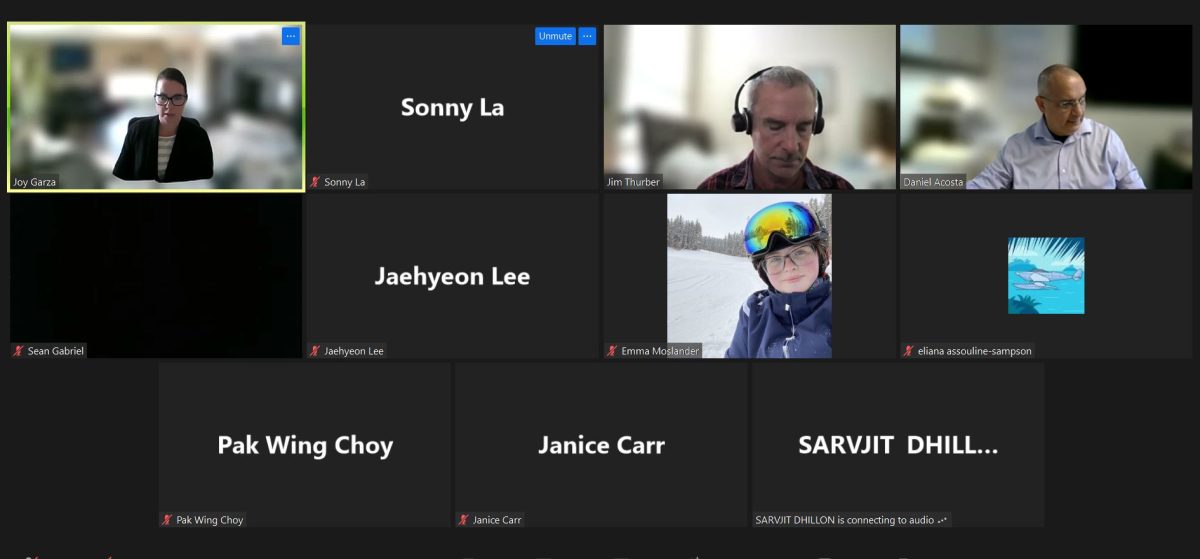A 39-foot motor coach, known as a Mobile Veterans Center, visited De Anza College campus Nov. 17. The coach housed counselors and outreach workers to provide non-medical counseling, as well as address the social and economic needs of veterans.
Jon Williams, a student who hopes to join the U.S. Air Force in the next year, said, “I think it’s a great way for those who have served the country to receive this kind of care, especially from people who are reaching out to promote their wellness.”
The Vet Center was developed in 1979 by congressional action to help veterans deal with their readjustment issues after their combat experiences. Vet Centers are community based, and part of the U.S. Department of Veterans Affairs. There are currently 206 Vet Centers in the United States, Guam and Puerto Rico, to help veterans and their family members.
Dustin Noll, a readjustment counseling technician, said, it’s important to note that there were two different Vet Centers near the De Anza community: the Peninsula Vet Center and the San Jose Vet Center.
Vet Centers provide individual, group and family counseling to all veterans who served in any combat zone. Readjustment counseling is a wide range of psycho-social services offered to eligible veterans and their families in the effort to make a successful transition from military to civilian life. These services include: individual, group and marital/family counseling; medical referrals; PTSD evaluations; sexual trauma counseling; bereavement counseling; employment counseling, guidance and referral and benefits assistance.
Vet Centers operations also reach out to services for minorities including Native Americans, African Americans, Hispanics, women, the homeless and the physically disabled.
“Our basic goal is to make sure veterans are aware of the care they can receive,” Noll said.



